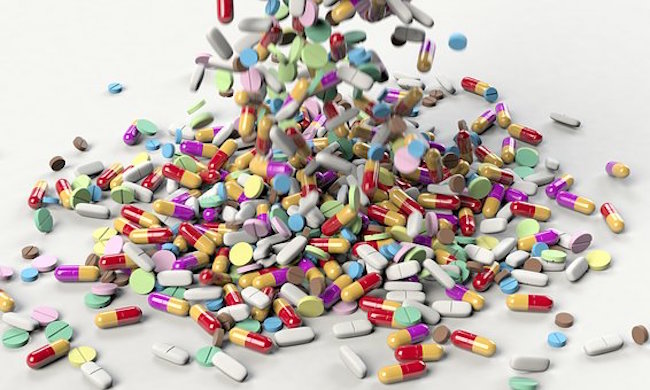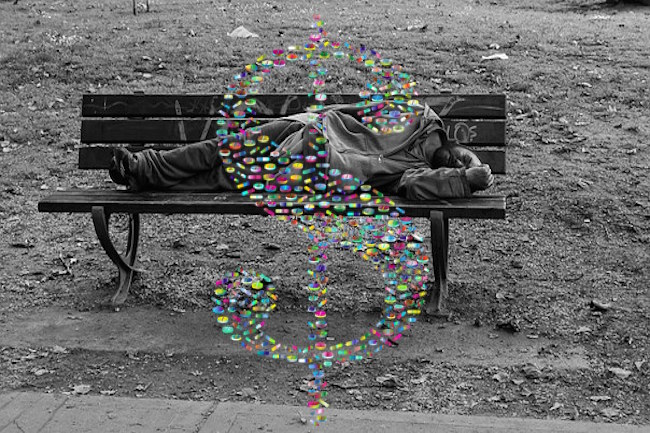White House suddenly realizes America buys too many pharmaceuticals from China By Ethan Huff for News Target GNN Note – Taking long term meds? Diabetes, high blood pressure or the like? May want to check on getting an extra script or two just in case one or more ingredients are produced in China. ****** White House trade advisor Peter Navarro admitted that the United States relies too heavily on communist China to produce its pharmaceutical drugs, and that that supply could dwindle due to the continued spread of novel coronavirus. With…
READ MORETag: pills
They don’t work: Conventional meds for depression and mental disorders treat symptoms, not cause
They don’t work: Conventional meds for depression and mental disorders treat symptoms, not cause by: Isabelle Z. for Natural News Have you ever wondered why so many people who take antidepressants continue to be depressed? The truth is that like many other drugs for mental disorders, they are not the cures that many people believe them to be. They might address symptoms, but they don’t really do much about the cause of depression – and therein lies an important distinction. In the Waking Times, author Tracy Kolenchuk looks at the logic of…
READ MOREPrescription drugs linked to increased dementia risk
Prescription drugs linked to increased dementia risk from Mercola While the link between anticholinergic drugs and an increased risk of dementia isn’t new, researchers have now pinpointed certain classes of drugs where the link is the strongest. In a study published in the journal JAMA Internal Medicine, researchers wrote “there was nearly a 50% increased odds of dementia” associated with a total anticholinergic exposure of more than 1,095 daily doses over a time period of 10 years. To put that into perspective, it’s the equivalent of an older adult taking a strong…
READ MOREWhat Does the ‘Best Evidence’ Say About Antidepressants?
What Does the ‘Best Evidence’ Say About Antidepressants? by Dr. Joseph Mercola for Mercola According to the latest statistics,1 17.3 million American adults (7.1 percent of the adult U.S. population) and 3.2 million adolescents (13.3 percent of U.S. population aged 12 to 17) suffered at least one major depressive episode in 2017. Depression can interfere with personal and work relationships, reduce work or academic performance and affect physical health by impairing your ability to properly care for yourself and make good health decisions, including decisions about nutrition and sleep. Imbalances in nutrition,…
READ MORE


